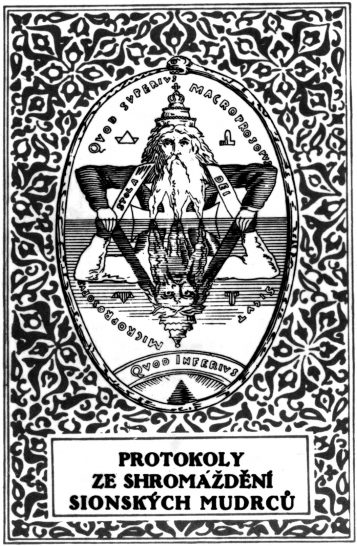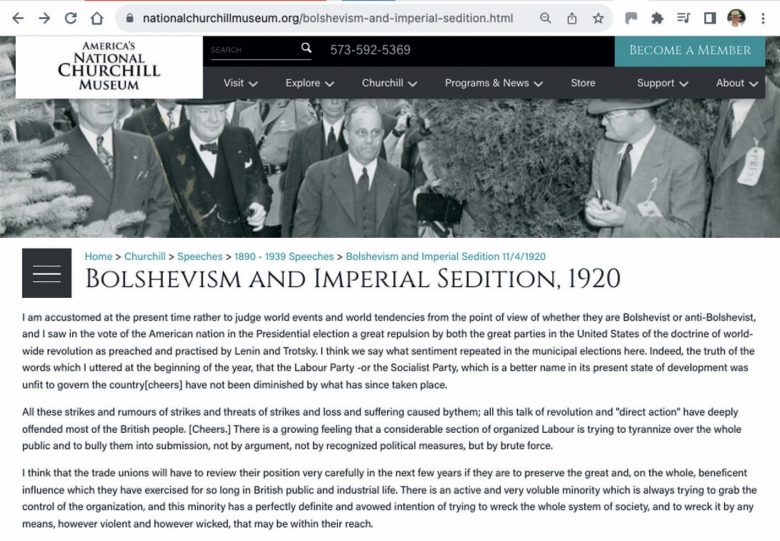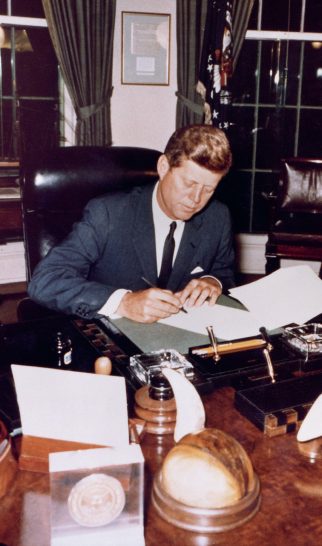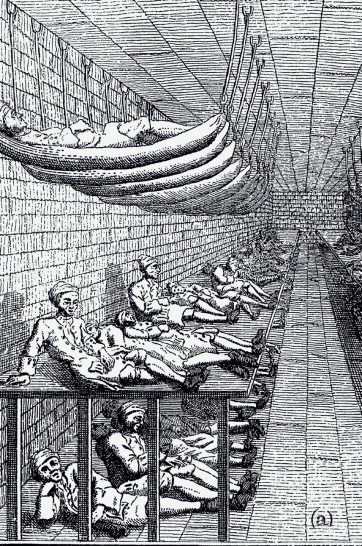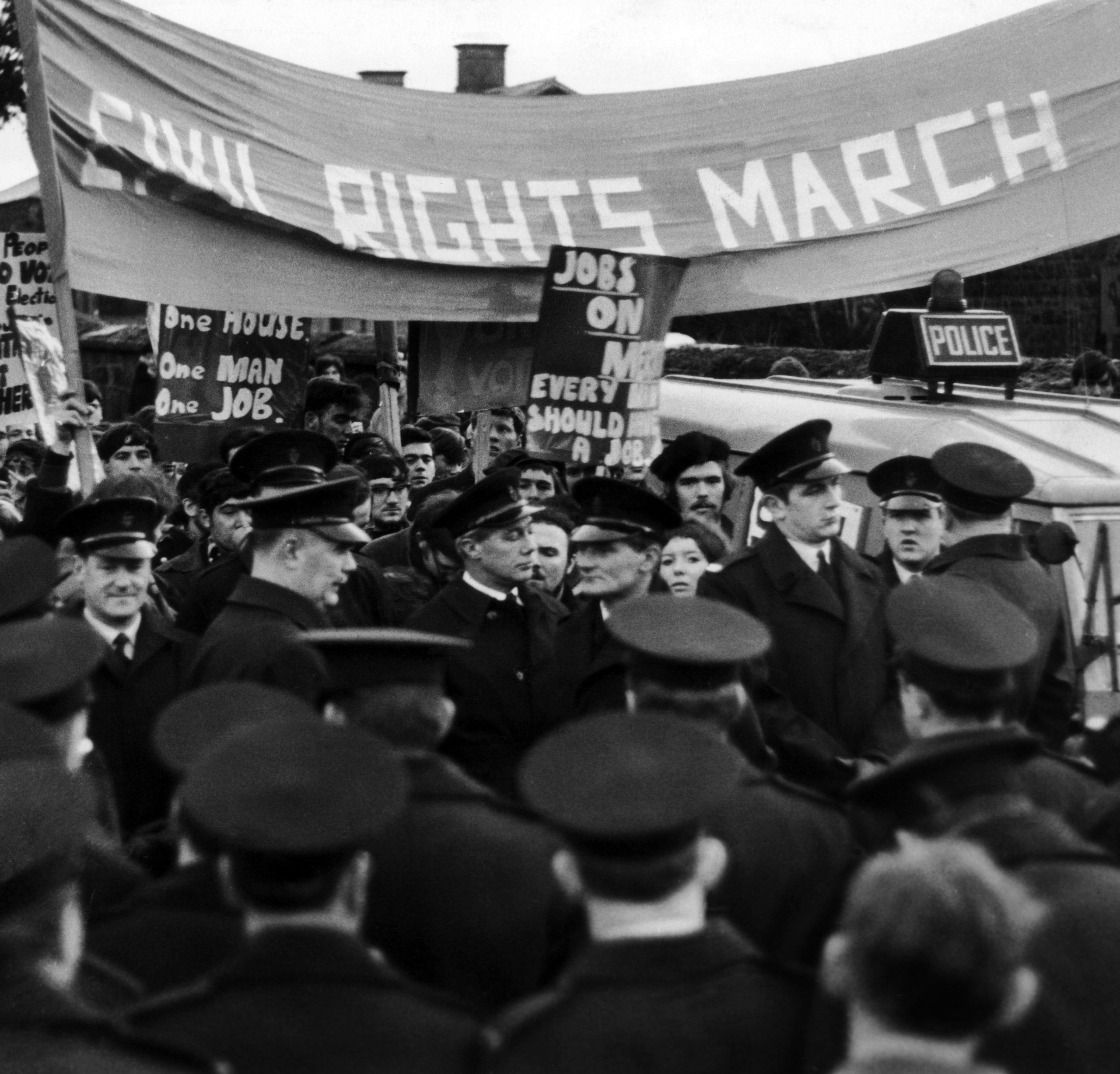
For at least a quarter of a century, Northern Ireland was dogged with sectarian violence that cost the lives of hundreds of its citizens. The period known as ‘The Troubles’ (1963–85) pitted the Catholic minority against the Protestant majority, most of whom were keen to remain loyal to the UK. However, a peaceful movement emerged amid the violence — the Northern Ireland Civil Rights Association (NICRA) — which organised protests, including peaceful marches, on behalf of the Catholics. Its efforts paved the way for the peaceful situation that currently faces the Irish today.
Ireland has always been a contentious issue in British politics, but a turning point seemed to have been reached in 1963 with the emergence of the new unionist prime minister, Captain Terence O’Neill. His premiership had a more conciliatory tone. His gestures towards peace included becoming the first northern prime minister to visit a Catholic school, and flying flags at half mast upon the death of Pope John XXIII. Importantly, he invited the Irish Taoiseach (prime minister), Sean Lemass, to Stormont in 1964; Lemass returned the favour the following year. Of greater significance were O’Neill’s promised reforms in housing, education and voting in order that the Catholic minority received fairer access and treatment.
Your organisation does not have access to this article.
Sign up today to give your students the edge they need to achieve their best grades with subject expertise
Subscribe

